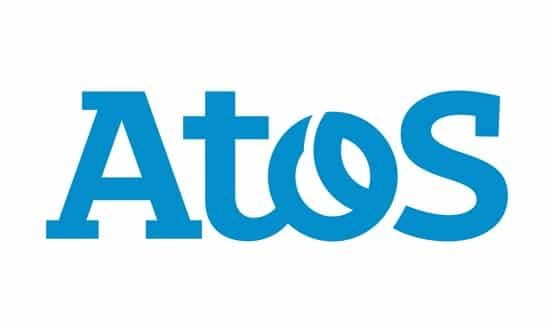OpenEHR Foundation launches international standard
- 28 February 2006
An open-source community founded in University College London has produced the first blueprint of an international electronic record standard that they hope will be used as a standard by software developers.
The OpenEHR foundation, a not-for-profit company founded in 2003 by staff at University College London and Australian company Ocean Informatics, released the blueprint earlier this month. The aim of the project to make EHR technology adaptable and futureproof "so that it may be a reliable basis for managing 100 year+ health records," says the overview.
What is on offer is not a downloadable software package but intellectual property, which can be freely used as a basis for building clinical systems. Anybody who registers with the site will receive access to development specifications and tools.
"Release 1.0… marks a seminal point in the evolution of the community," David Ingram, professor of health informatics at CHIME and chairman of the foundation board at the OpenEHR project, told E-Health Insider.
"Its work is offered in an effort to help break the clinical, technical and organisational blockages that still beset the field and will, we believe, continue to do so until such as time as a common and shared discipline and related health informatics capacity is established at the heart of the EHR enterprise."
Ingram added that an open-source EHR standard was needed to encourage collaboration across local, national and international boundaries and to help professionals understand how they communicate health information. If another standard came along that helped break down these barriers, the Foundation would advocate it.
"The EHR has long been identified as a key challenge for healthcare delivery and for the necessary discipline of health informatics.
"It challenges healthcare professions to understand and explain, rigorously and safely, why and how they document and communicate, and build foundations of trust and accountability, through the medium of personal health records."
OpenEHR, which has around 700 members in 66 countries, stresses that it doesn’t exist to produce software, just the architecture to base it on; members are free to use the scheme as they wish and under the license agreement, their finished software products they produce do not have to be open source as well.
The project aims to integrate with terminology and messaging systems such as SNOMED-CT, HL7 v2 and EDI-FACT, as well as existing PAS systems. This is achieved though a modular approach to the architecture.
Development is intended to take place out in the open in a collaborative way. Ingram stressed that security is not an issue for the project as that will depend on the software that is created from it.
So far, explained Ingram, openEHR has been developed as a proof of concept and as a way to show how a top-down, government and industry-led approach can be more "costly and laborious" than a bottom-up, community approach. If the community does prove popular, he explained, it will cost very little to run.
Links




